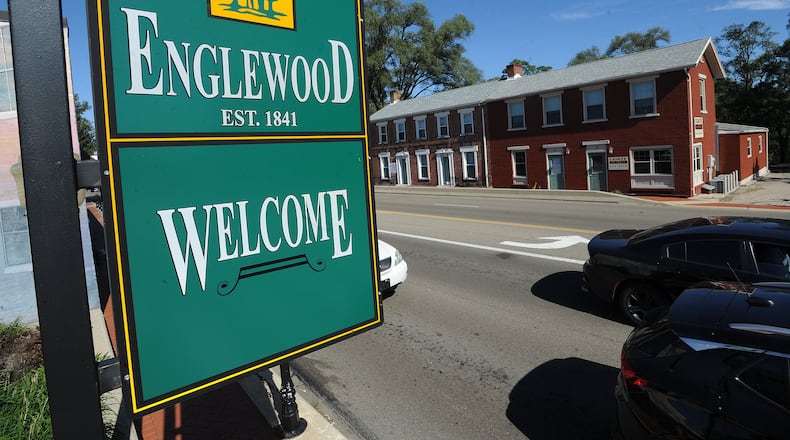God’s Way Triune Ministries Inc., which operates a church in Riverside, had requested the rezoning of 25 acres of land to allow for construction of a 60,000-square-foot church building with an assisted living facility on the second floor, along with 31 independent cottages on the property.
Plans also included a total of 1,000 parking spaces to accommodate both the assisted living facility and the 2,000-seat church assembly.
The proposed site, which is currently zoned single-family residential, is set back off the north side of West Wenger Road, behind the homes in the 4600 block. The property touches Wenger across from Huls Drive. The developer had requested the property’s zoning be changed to special planned unit development to facilitate the project.
During a public hearing earlier this month, multiple residents shared concerns about the project’s impact to the surrounding area, including potential effects on the environment and nearby neighborhoods.
Resident Steve Grant cited worries about the nearby Moss Creek and how this development would affect its use as critical flood drainage.
“Moss Creek is a historic freshwater creek and provides drainage for the area north of the (Northmont) high school and north of Route 40,” Grant said, adding that the city’s 2019 redesign of the creek’s flow led to erosion and improper water drainage onto his property.
“... The proposed development with cottages, large parking areas, and slanted roofs will displace more water than the creek can handle and will set up a disastrous situation for our property and properties along the creek,” he said.
Access to the proposed facility was also an issue due to the site’s border with West Wenger Road, which is located within the city of Clayton.
Clayton City Manager Amanda Zimmerlin submitted a letter declaring the city would not grant access to West Wenger Road, asserting that access to the site would be available from Charlie Drive.
That would require traffic to be directed from the proposed development through the Millwood subdivision, increasing the traffic volume through the neighborhood.
Council members cited this fact just prior to the vote waiving the three-reading rule and rejecting the proposal.
About the Author

